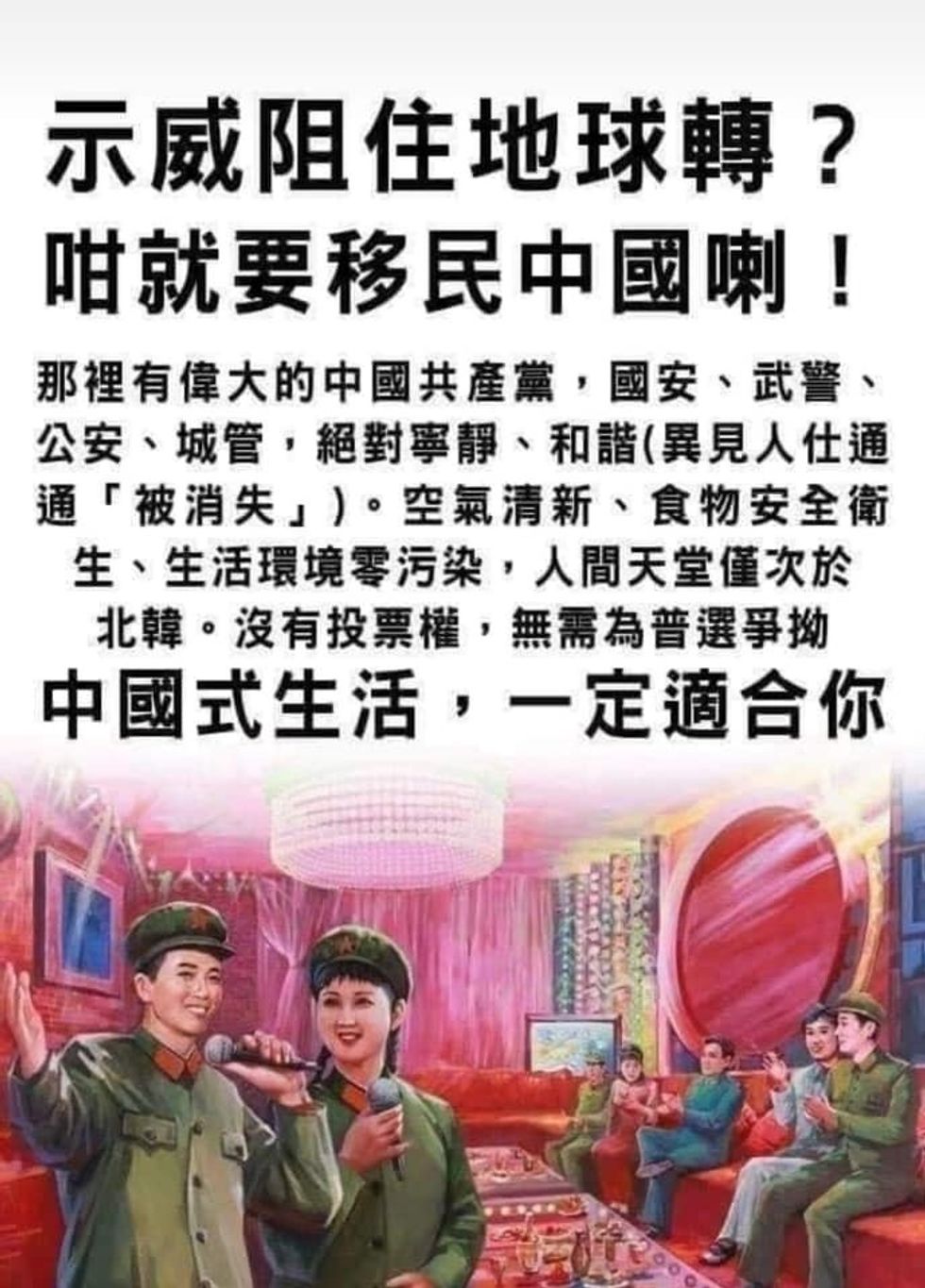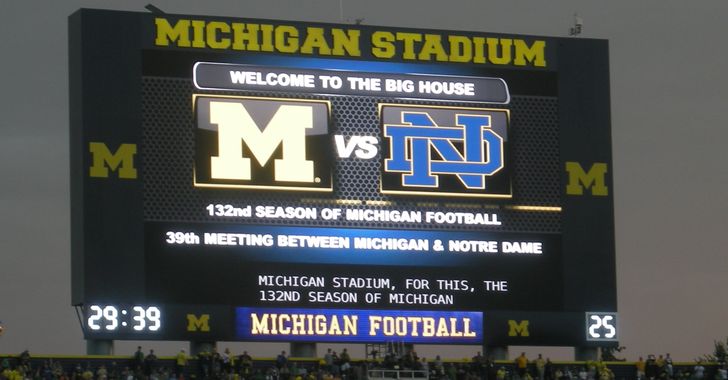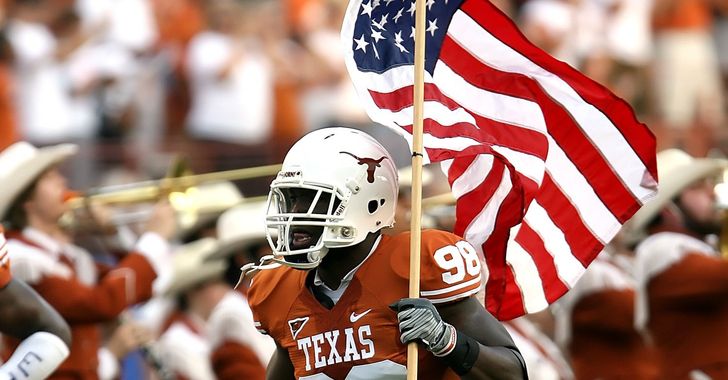For seven weeks in the months of June to August, I took part in Villanova's Hong Kong business internship program. The first week we arrived, we took the course global political economy, and the next six weeks, we completed internships in different parts of Hong Kong at various companies.
Having only completed freshman year, I was nervous that I would have less business knowledge and experience compared to other upperclassmen on the program who already had internships in the past, but the opportunities that the program offered led me to get out of my comfort zone and apply for the program.
It didn't hit me I would be living and working during such a historic time in Hong Kong until I started receiving emails from our program coordinators about cautionary measures we would have to take as a result of the widely-attended, sometimes violent protests.
If you are not familiar with the 2019 Hong Kong protests that have overtaken headlines for months now, citizens are protesting a now-suspended bill that would have allowed the extradition of wanted individuals to mainland China. Since 1997, China has taken a "one country, two systems" policy toward Hong Kong — even though China and Hong Kong would be one country, Hong Kong would have its own legal system and borders.
After 11 weeks, these protests have become more about the Communist Party overreaching its power than about the bill. Hongkongers want the world to know that they are completely against China extradition and that Hong Kong is not the same as China.
To add even more fuel to the fire, the police have started using tear gas, rubber bullets, fireworks, and other violent measures against the protesters. My coworkers at my internship would tell me about all of the protective gear they would have to wear when they were protesting, and it demonstrated how passionately they cared for the cause if they were willing to risk their health and safety for it.
However, this is not to say that the protesters have not been violent, either. In Mong Kok district where I worked, protesters gathered outside a police station and threw eggs at officers while shining laser pointers through the windows. On July 1, hundreds of protesters stormed Hong Kong's Legislative Council by spraying graffiti and defacing symbols.
On several occasions, my friends and I would be having a casual shopping trip around Causeway Bay or Time Square, only to see hundreds of protesters wearing black and carrying umbrellas, both staples of the movement. We were strictly told not to participate in the protests because they had the potential to become extremely violent and that it was just "not our fight." I understood our program coordinators' concerns, but I didn't want to sacrifice a trip to the city for fear of protests happening at any time.
When our program was scheduled to fly out of Hong Kong to the United States, we witnessed thousands of protesters gathering in Hong Kong International Airport. Soon after, countless news websites published articles about departure flights being canceled as a result of the protests. It's hard to believe that that could have been us, but I feel lucky that we escaped just in time.
I often thought to myself that the organization of the protests was pretty impeccable. It's unbelievable that hundreds of protesters could somehow be notified of the time and location of the protests, and they would all execute the plan accordingly. While I read that many of the protests were organized on the messenger app Telegram, what was not publicized much was how organizers used the AirDrop function on iPhones.
During my daily commute to work on the MTR (the subway), other riders would AirDrop me photos, and being pretty curious about what they were, I would accept them. Using my subpar Mandarin reading skills, I could piece together that these were graphics displaying information about upcoming protests or poking fun at China. Looking around the crowded MTR, I observed that most people owned iPhones, so whoever came up with this idea was pretty clever.

This graphic I was AirDropped, titled "Protests stop the Earth from from turning? We're all immigrating to China?" pokes fun at China's "all-powerful communism," "clean air," and "food safety." Another line says, "Heaven on earth, second only to North Korea."
In a way, constantly witnessing all the protests right in front of my eyes desensitized me to just how historic they were. I began to accept them as a daily occurrence. It really hit me how serious the situation in Hong Kong was when I noticed how concerned people were for me. People from home would message me with a "I heard what's happening over there, are you OK?" or "Did you get tear gas thrown in your face at all?"
I began to realize that I had an interesting perspective as a U.S. citizen living in Hong Kong during the protests. I witnessed Hongkongers around me (especially my coworkers) fighting so passionately for a cause that could make or break the course of my life, but I felt like a neutral observer because I had no connection to the movement.
But instead of deciding not to care about protests, I sympathized with my coworkers. I put myself in their shoes, and I began to understand why China's behavior was so upsetting and alarming.
If my right as a U.S. citizen to participate in a democracy was jeopardized, I would be pretty angry, too.
I often take for granted the rights I have being born in the United States. I've never once had to protest for my fundamental rights in my life, let alone for months on end. My coworkers in Hong Kong kept telling me that the majority of the protesters were college-aged students like me — I couldn't even begin to imagine what it would be like to organize a nationwide protest at my age.
So, I guess you could say that living in Hong Kong during such a transformative time in its history gave me a bit of perspective on not only my rights but also my life in general.
Be grateful for what you have right now because it could all change in an instant.









 Photo by
Photo by 









































